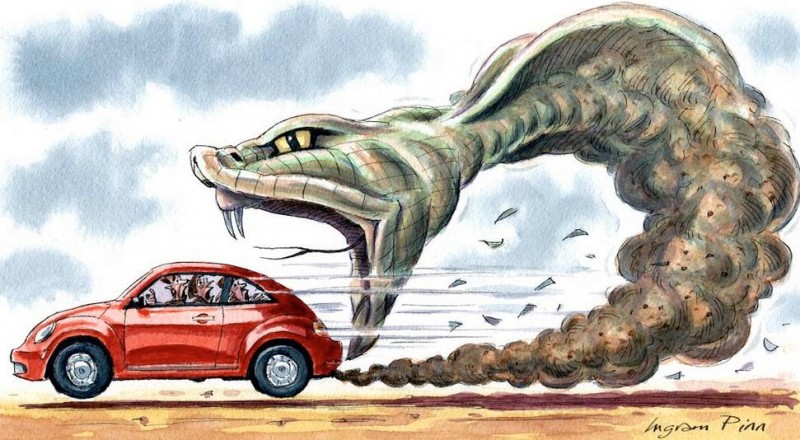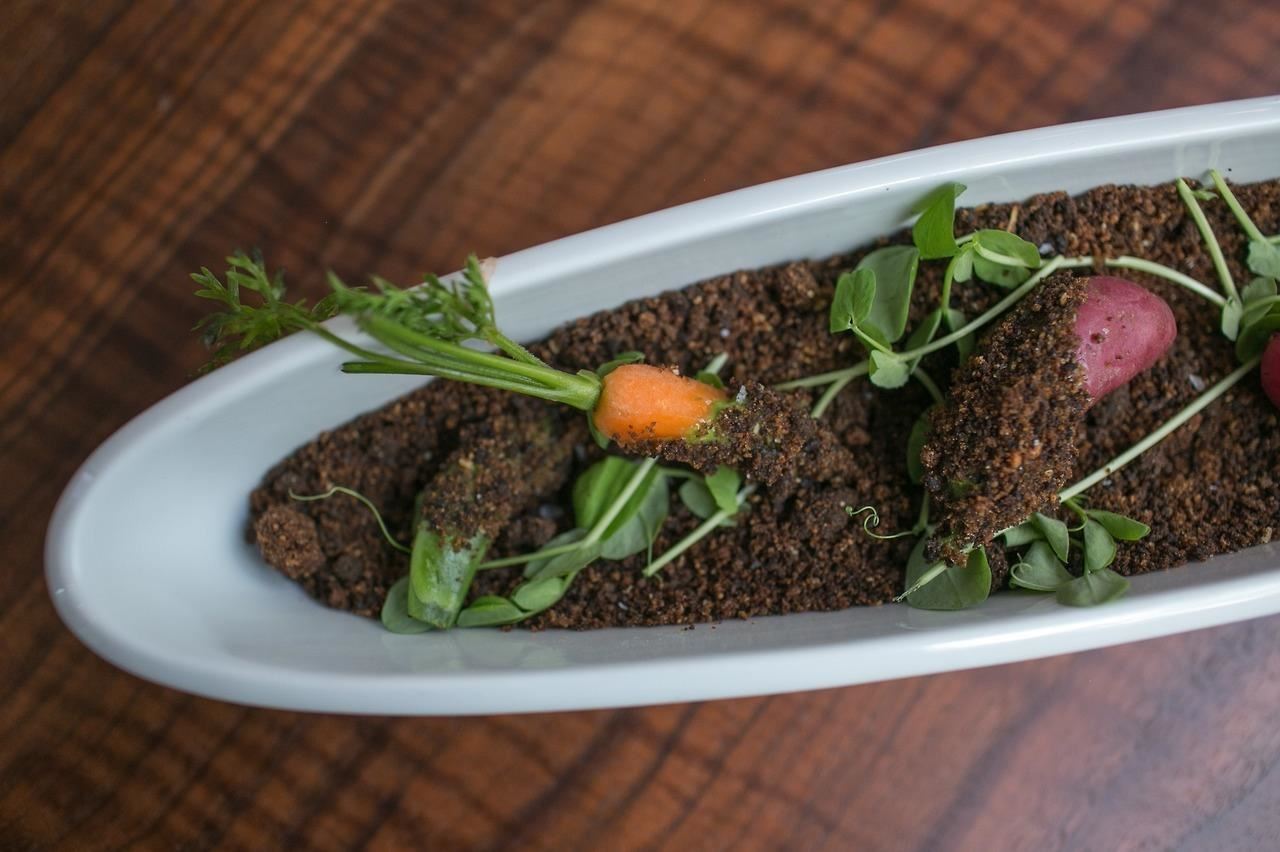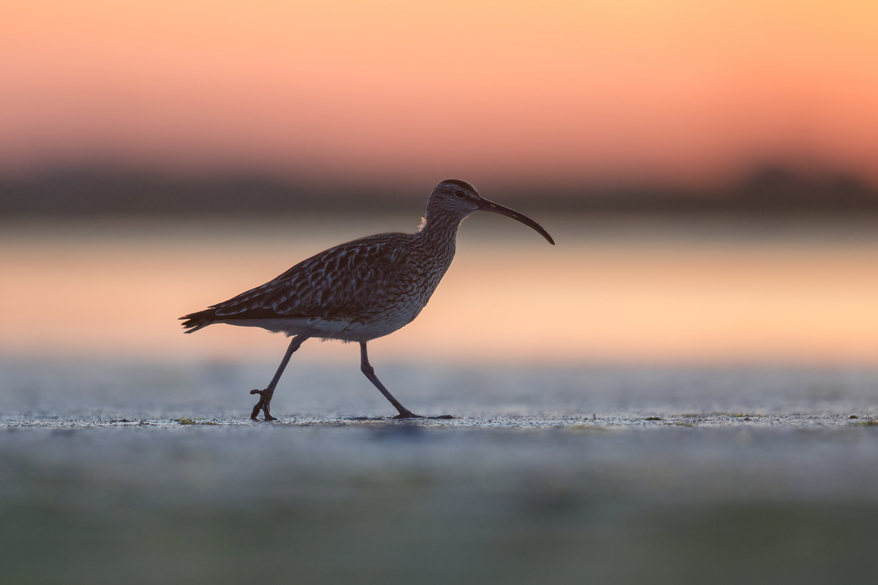A year of climate strikes, a year of hope

December 6th, 2019
Today, I will pick up my tattered climate strike sign for the 52nd week running and take to the streets to call for climate action.
It is hard to believe that it is a year since myself and a small group of concerned citizens pitched ourselves outside Leinster House in a spontaneous response to Greta Thunberg’s rallying call at COP24.
Those first few minutes of striking alone with my homemade sign seemed to last a lifetime. It felt like I had stepped into a parallel universe – where I was finally prepared to meet the growing internal sense of despair and fear at climate inaction with an appropriate response. Finally, I was expressing in a straightforward way, in public, that this is not OK. I was standing up for my children’s future.
From that small protest, the Fridays for Future movement took root in Ireland as it has across the whole world. While that small group that gathered last December was the first to answer Greta’s call in Ireland, young people across the country were soon to follow her example. In January, Saoi O’Connor started skipping school in Cork on Fridays to stand outside the City Hall.
She was soon joined by many other brave young people – Saoirse and Iona from Limerick, Theo and Maude from Clare Island, Conal from Donegal, and Erin and Aishlinn from Maynooth – to name but a few. All of them prepared to give up their Fridays to wake the world to the emergency we face.
Alongside the weekly strikers, a mass movement of student activists, many supported by teachers and parents in the Schools Climate Action Network, exploded on to the Irish streets in March, May, September, and November. Together, in less than a year, these largely youth-led groups have utterly transformed the Irish climate movement and captured the public imagination.
Throughout the year, new campaign groups have sprung up across the country in support of climate action, many following the model of Extinction Rebellion, and others taking inspiration from Pope Francis in Laudato Si as ‘eco-parishes’. A quick browse of social media shows that almost every city and town in the country now has its own climate action group – with regular Friday protests the key rallying point for community action.
In Maynooth, where I now strike each Friday, our Maynooth Climate Action group has brought together the local parish, schools, university, Tidy Towns and other campaign groups. We have mobilised the town during the big strike days, filling the square with colour and noise. The local papers have regular reports on the group and RTE radio 1 joined us for a special ‘Like Family’ programme.
The local St. Patrick’s Day festival committee has even decided that “Climate and Me” will be the theme of the 2020 parade. Every float entered is invited to focus on climate action, use recycled materials and be inspired by the climate strike movement.
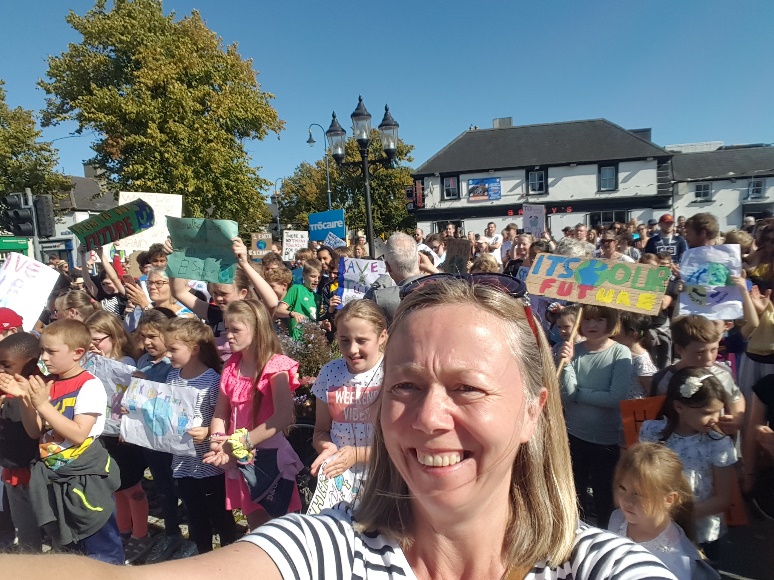
Pressure paying off
There have been some significant successes of this growing movement already. The Government was forced to accept a motion declaring a national climate emergency; a new Climate Action Plan with some significant ambitious measures has been agreed; and RTE ran an excellent Science Week on Climate Change, including a Youth Climate Assembly in Daíl Eireann.
Perhaps more significantly, during the local and EU elections, climate action was one of the top three issues on people’s voting priorities. The young people leading the climate strike campaign may not have a vote, but they have demonstrated they have a voice.
Moreover, what is often unseen is that behind every young climate campaigner there are mums, dads, aunts, uncles, grandparents, friends, neighbours, teachers who are increasingly aware of the issues. Many, like myself, have taken to the streets in solidarity with the young people. The movement has become intergenerational. The urgency and seriousness of the climate crisis is finally starting to influence voting preferences.
Yet despite these gains, the climate damage we are causing every day is still mounting. Global emissions rose by three per cent in 2018. Many scientists have told us that we are far closer to irreversible tipping points than we thought.
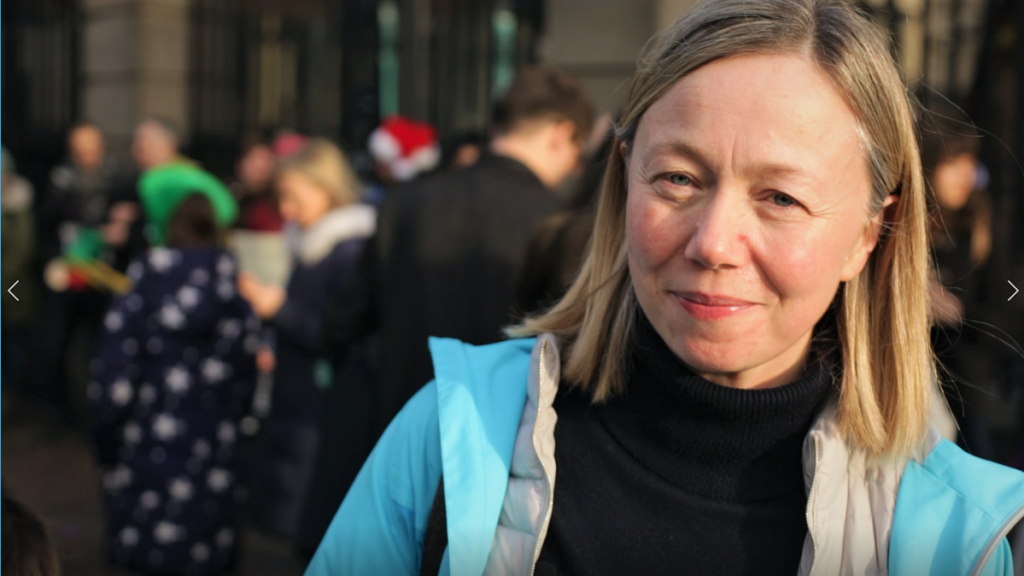
A long road to walk
Ireland’s projected emissions to 2030 remain stubbornly flat when they should be reducing by 11 per cent every year to stay within our fair share of remaining global CO2 budget. The chances of that happening feel, to say the least, very remote. At times this year, even with all the buzz of activism, it has felt that our awakening is too little too late.
But, at the end of a busy year, there is still much cause to be hopeful. The local and global climate movement is starting to feel unstoppable. Pressure now is now coming from so many angles – it feels like a veil is falling from people’s eyes. Once that veil drops, and the truth of a climate emergency hits people, change is inevitable.
More people are starting to join the dots about their own actions, Government action, and the climate. The uncomfortable – yet unavoidable – connection to our unsustainable consumerism is becoming crystal clear, and new sustainable living choices are emerging fast: sufficiency, slow fashion, circular economy, veganism, and no flying movements are all on the rise.
We are on the cusp of a great green transformation. It is impossible not to hope against hope that we can do this. 2020 is the year of massive action and for that we need everyone.
By Lorna Gold
Lorna is the author of “Climate Generation: Awakening to our Children’s Future”, a book for parents on the climate crisis, published by Veritas and available widely online. She blogs regularly and can be contacted at www.lornagold.com

